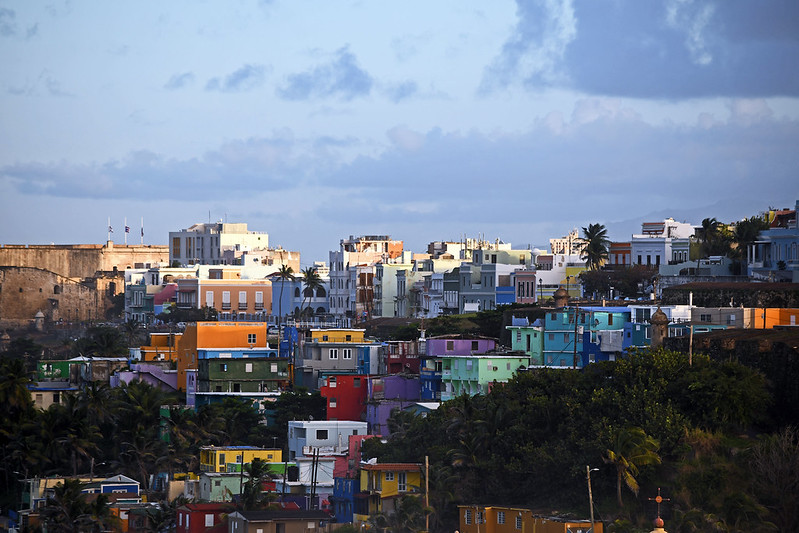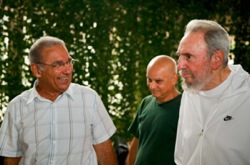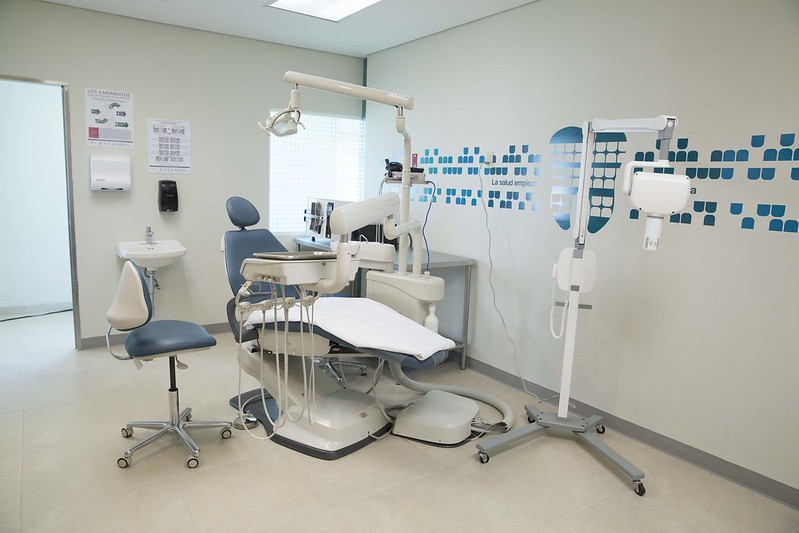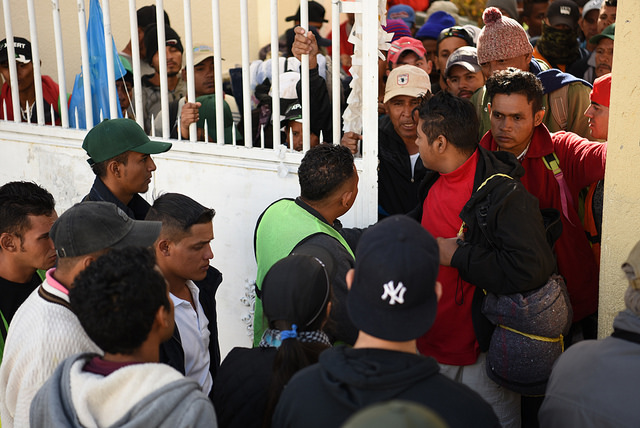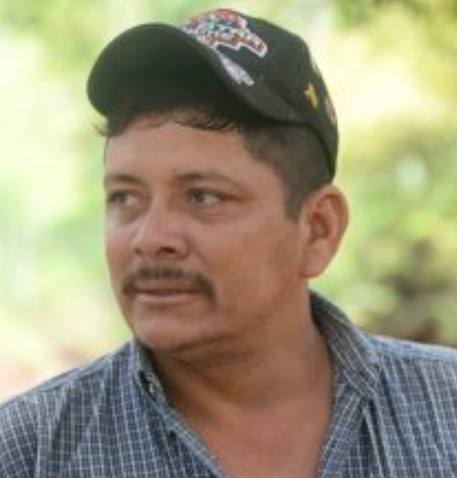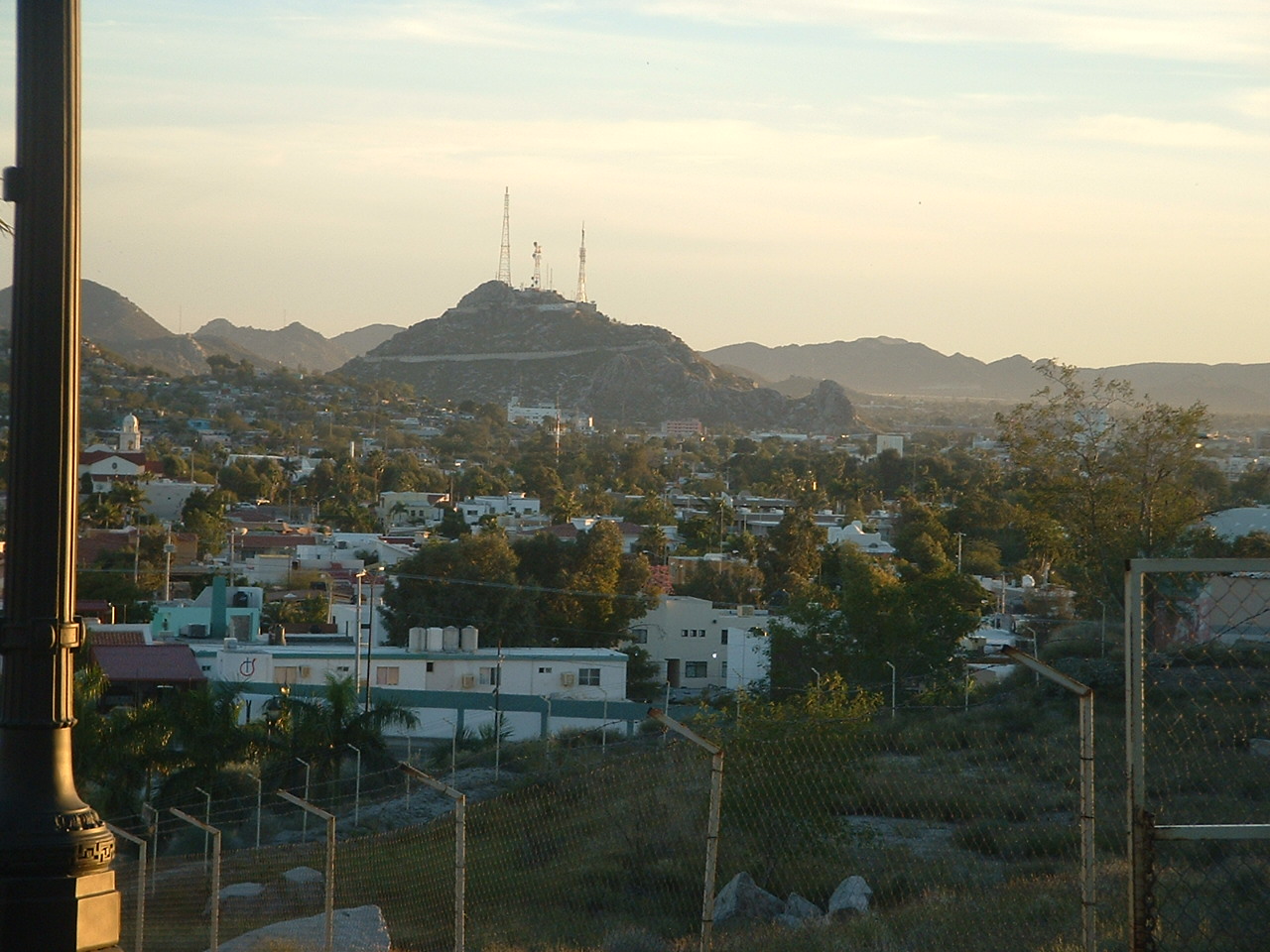
Latin America: Week in Review
Mexican Journalist Killed in Sonora
February 19, 2019 By Staff
TODAY IN LATIN AMERICA
MEXICO: Mexican radio announcer Reynaldo López was shot and killed in Sonora on Saturday, the third media killing in Mexico this year. López and reporter Carlos Cota were driving in the city of Hermosillo when a group of unknown men began shooting at their vehicle. The men were shot at over 14 times, with López later succumbing to his injuries. The National Commission for Human Rights (CNDH) released a statement condemning the attack and called upon the Sonoran government to protect the victims’ families.
Sonora’s attorney general denied that the attack on the journalists was related to their work, instead attributing it to “illicit activities of people close to” one of them. López is the 144th journalist killed in Mexico since 2000 and the third in 2019. The country remains one of the deadliest in the world for journalists.
HEADLINES FROM THE WESTERN HEMISPHERE
NORTH AMERICA
UNITED STATES: President Donald Trump hosted a rally at Florida International University in Miami yesterday to garner further support for Venezuelan opposition leader Juan Guaidó. “Socialism is dying and liberty, prosperity and democracy are being reborn… This will become the first free hemisphere in all of human history,” said Trump. He specifically called upon the Venezuelan military to stand behind the opposition leader, stating that Maduro supporters “will find no safe harbor, no easy exit and no way out. You will lose everything.” Trump added that while the United States is seeking a peaceful transition, “all options are open.” The rally was held in South Florida, home to the country’s largest concentration of Venezuelans and Venezuelan-Americans, and began with a pre-recorded message from Guaidó calling the crisis a “debate” between “life and death.” Maduro was quick to respond that threats to the military from the U.S. government will only invigorate the Bolivarian National Armed Forces (FANB) in supporting the country and him.
UNITED STATES: Activists took to the streets this Presidents’ Day in protest of President Donald Trump’s emergency declaration to obtain funding for the administration’s border wall project. Organized by the nonprofit MoveOn.org, hundreds gathered in Washington D.C., Chicago and dozens of other U.S. cities after Friday’s announcement. “We disagree with the state of emergency declared by the president and stand with our immigrant colleagues and friends,” said Darcy Regan, Chicago’s protest coordinator and executive director of Indivisible Chicago. One protester called the president’s decision “immoral and illegal.” Monday’s events run alongside several legal challenges to Trump’s emergency declaration by advocacy groups and Democratic lawmakers.
CARIBBEAN
HAITI: As businesses reopened in Port-au-Prince yesterday, prices for basic goods rose steeply. Gas, rice and cooking oil prices have doubled since the onset of the anti-government protests on Feb. 7. Economic measures were announced over the weekend by Prime Minister Jean-Henry Céant, who said government spending would be cut by 30 percent. Yesterday, in the wake of the demonstrations, five Americans were arrested by police authorities on conspiracy charges. The group, which also included a Serb, a Russian and a Haitian, were arrested with high-caliber assault rifles by national police in Port-au-Prince.
CENTRAL AMERICA
EL SALVADOR: A transgender woman deported from the United States was murdered upon her return to El Salvador. Aurora, also known as Camila, went missing in late January and was located in a hospital in San Salvador after a transgender advocacy group coordinated for her search. She passed away on Feb. 3 after sustaining several injuries from an attack. This is the second homicide in El Salvador perpetrated against members of the transgender community in the last week.
COSTA RICA: The United States will give Costa Rica $40.7 million to fight transnational narcotics trafficking. The Costa Rican Ministry of Foreign Affairs released a statement Saturday confirming the details of the funding, which represent a 33 percent increase compared to last year’s disbursement. Public security indicators in the Central American nation have been improving since last year, when Costa Rica registered a decrease in homicides, as well as record numbers of drug and weapons seized.
ANDES
PERU: Former President Alan García denied knowledge of a falsified contract to justify a payment of $100,000 he received for participating as a speaker in a conference led by the Federation of Industries of the State of São Paulo (FIESP). The money allegedly stems from Odebrecht, a Brazilian conglomerate, and was used as a bribe in exchange for a line on the Lima Metro. Garcia said he expects Jorge Barata, Odebrecht’s former representative in Peru, to testify about the alleged irregular contributions in the country so that the issue can be put to rest. He insisted that people simply seek to place him “in the same basket as corrupt presidents.”
SOUTHERN CONE
ARGENTINA: Four teachers’ unions met with Minister of Education Alejandro Finocchiaro to discuss the continuous salary delay faced by Argentina’s teachers. “That the classes begin on March 6 is the responsibility of the government,” said Suteba Secretary General Roberto Baradel, pointing to concerns that the lack of a proper salary will continue to affect Argentina’s education system. Late last year, thousands of Argentines held a protest in Buenos Aires against government policies they say negatively affect work and education.
